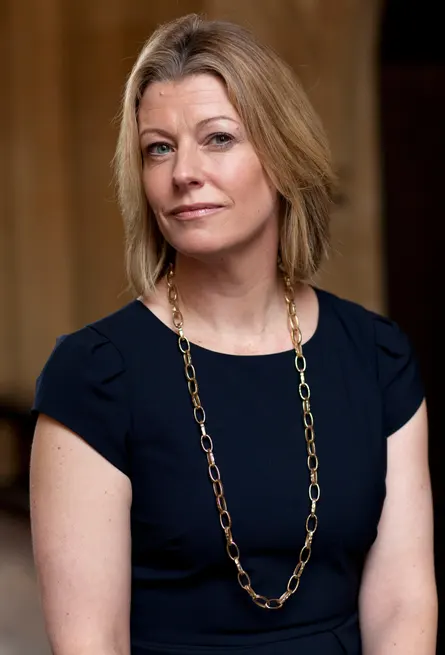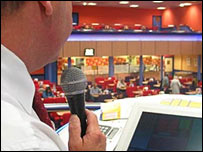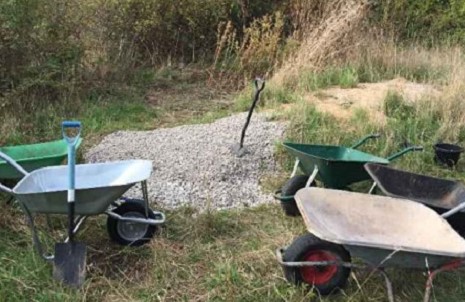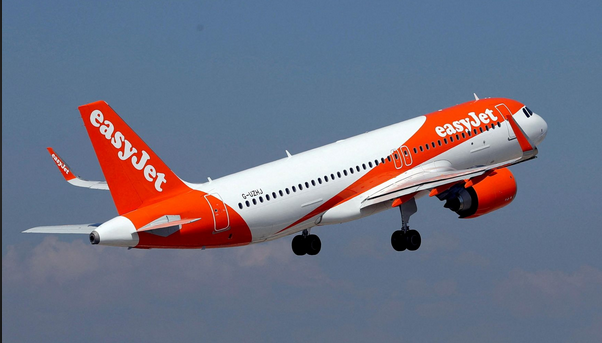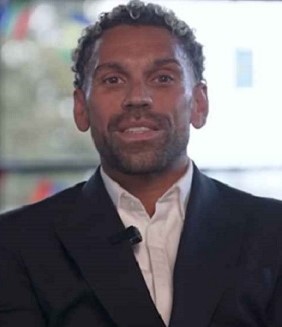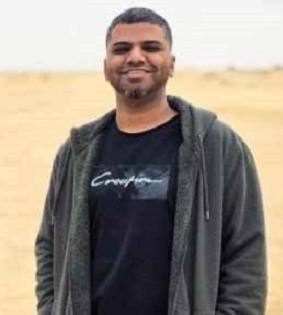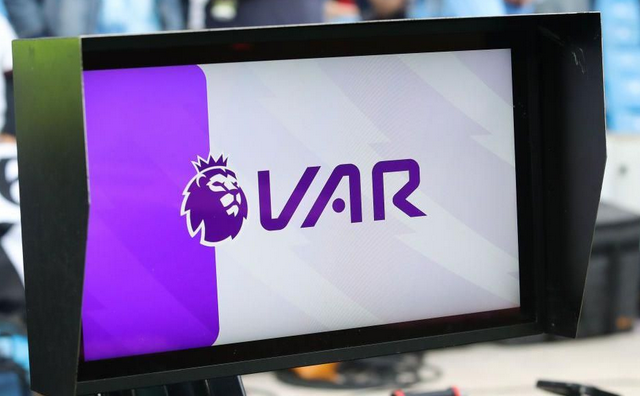An aristocratic British family is to make history by travelling to the Caribbean and publicly apologising for its ownership of more than 1,000 enslaved Africans.
Members of the Trevelyan family have signed a letter of apology for its enslavement of captive Africans. They are also set to pay reparations to the people of Grenada, where they owned six sugar plantations.
A £100,000 fund, donated by Laura Trevelyan, a New York-based BBC correspondent, will be formally launched in Grenada on 27 February by Sir Hilary Beckles, chair of the Caricom Reparations Commission, and Trevelyan family members. Caricom, or Caribbean Community, is a group of 15 countries in the region.
On hearing the news, Nicole Phillip-Dowe, vice-chair of the Grenada National Reparations Commission, said: “This, for us, is history in the making. It takes a leap of faith for a family to say, ‘my forefathers did something horribly wrong and I think we should take some responsibility for it’. Following this huge step made by the Trevelyan family, I now hope that it will be followed by others.”
In 1835, the Trevelyan family received compensation from the British government following the abolition of slavery – whilst enslaved men, women and children received nothing. They were, in fact, forced to work a further eight years unpaid as, what was called “apprentices”.
“We want to lead by example, in the hope that others will follow,” said John Dower, another family member who was part of the decision to go public.
“What I read,” said Dower, when working on the family history, “truly shocked me as it listed the ownership of 1,004 slaves over six estates shared by six of my ancestors.
“Apparent no living family member knew about it. That part was expunged from our family’s history.
“I was shocked and badly shaken,” he went on. “I was under the impression that I came from a benevolent, public service family.” According to him, and other family members, the Trevelyan ancestors’ involvement in slavery amounted to crimes against humanity.
In digging deeper into the family history, his cousin Laura Trevelyan further discovered that when her ancestor Louisa Simond had married Sir John Trevelyan, 4th Baronet, in 1757, she brought to the marriage her merchant father’s partnership in sugar cane plantations on Grenada. She, too, was deeply troubled by her family legacy, saying: “If anyone had ‘white privilege’, it was surely me, a descendant of Caribbean slave owners.
“My own social and professional standing nearly 200 years after the abolition of slavery had to be related to my slave-owning ancestors, who used the profits from sugar sales to accumulate wealth and climb up the social ladder.”
Last year she went to Grenada to explore her family’s past and realised that the years of slavery are still affecting people’s wellbeing there. She has since been working on behalf of her family to make a relevant enough gesture in recognition of her family’s part in the slave trade.
The family apology states: “We, the undersigned, write to apologise for the actions of our ancestors in holding your ancestors in slavery.
“Slavery was and is unacceptable and repugnant. Its damaging effects continue to the present day. We repudiate our ancestors’ involvement in it.”
The family is now asking the UK to apologise, saying: “We urge the British government to enter into meaningful negotiations with the governments of the Caribbean in order to make appropriate reparations through Caricom and bodies such as the Grenada National Reparations Commission.”
According to the letter, the donation contributes to the setting up of the Reparations Research Fund at the University of the West Indies, to look into the economic impacts of enslavement with a focus on development in Grenada and the eastern Caribbean. “We are working to identify other projects that can support communities in Grenada with the help of the Grenada National Reparations Commission among others,” the letter says.
They also want King Charles III to apologise for the royal family’s involvement in the slave trade.
In 1834, to achieve the abolition of slavery, the government needed to compensate 46,000 enslavers for the loss of their “chattels”, or slaves. The Trevelyans were paid £26,898 – the equivalent of about £20m in today’s money – for the “loss” of 1,004 slaves. They owned Wallington Hall, a stately home near Morpeth, but Dower’s great-grandfather, Sir George Philips Trevelyan, a Labour MP, handed it over to the National Trust in 1943.
“It was built with money from the slave plantations,” says Laura Trevelyan.



